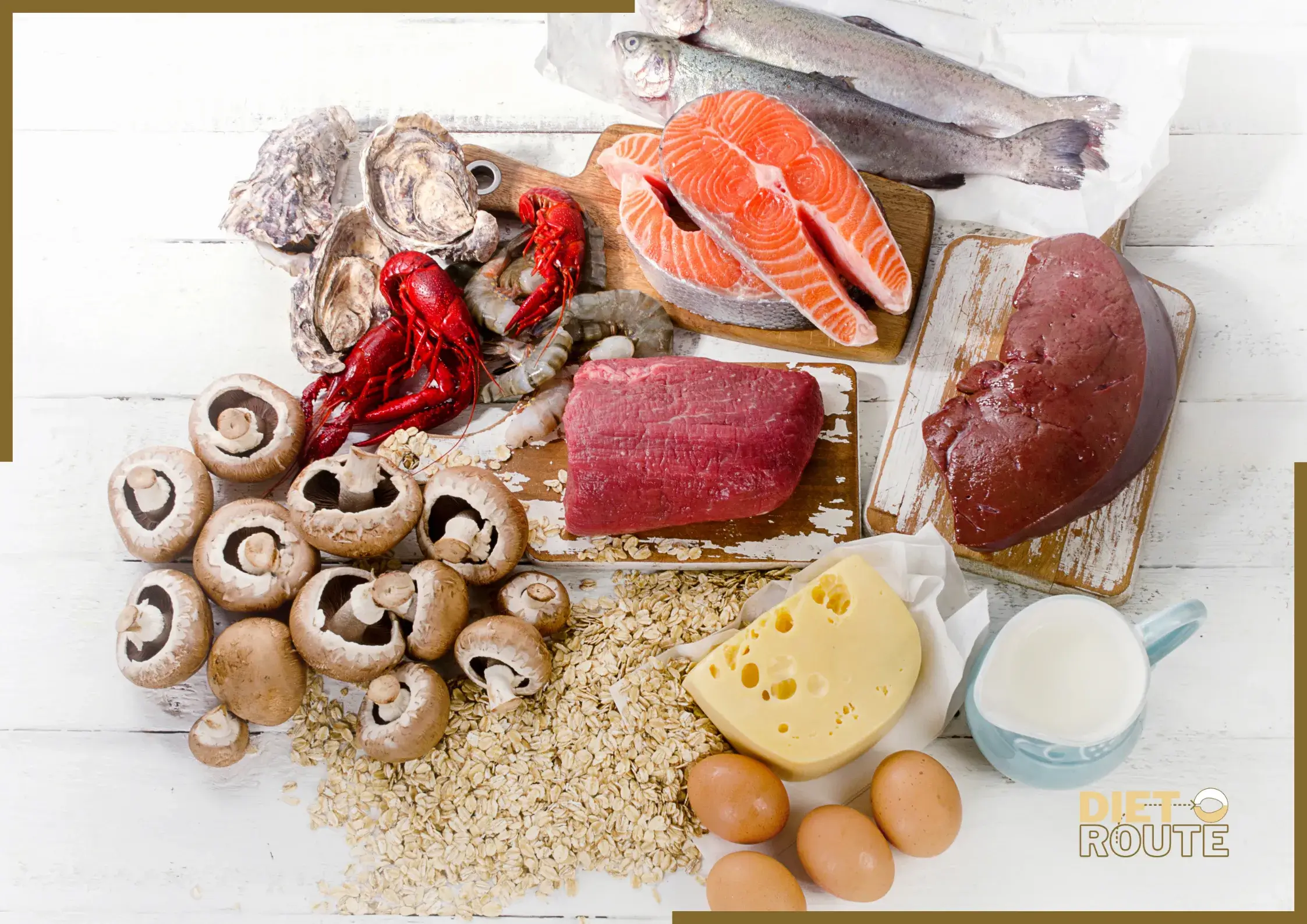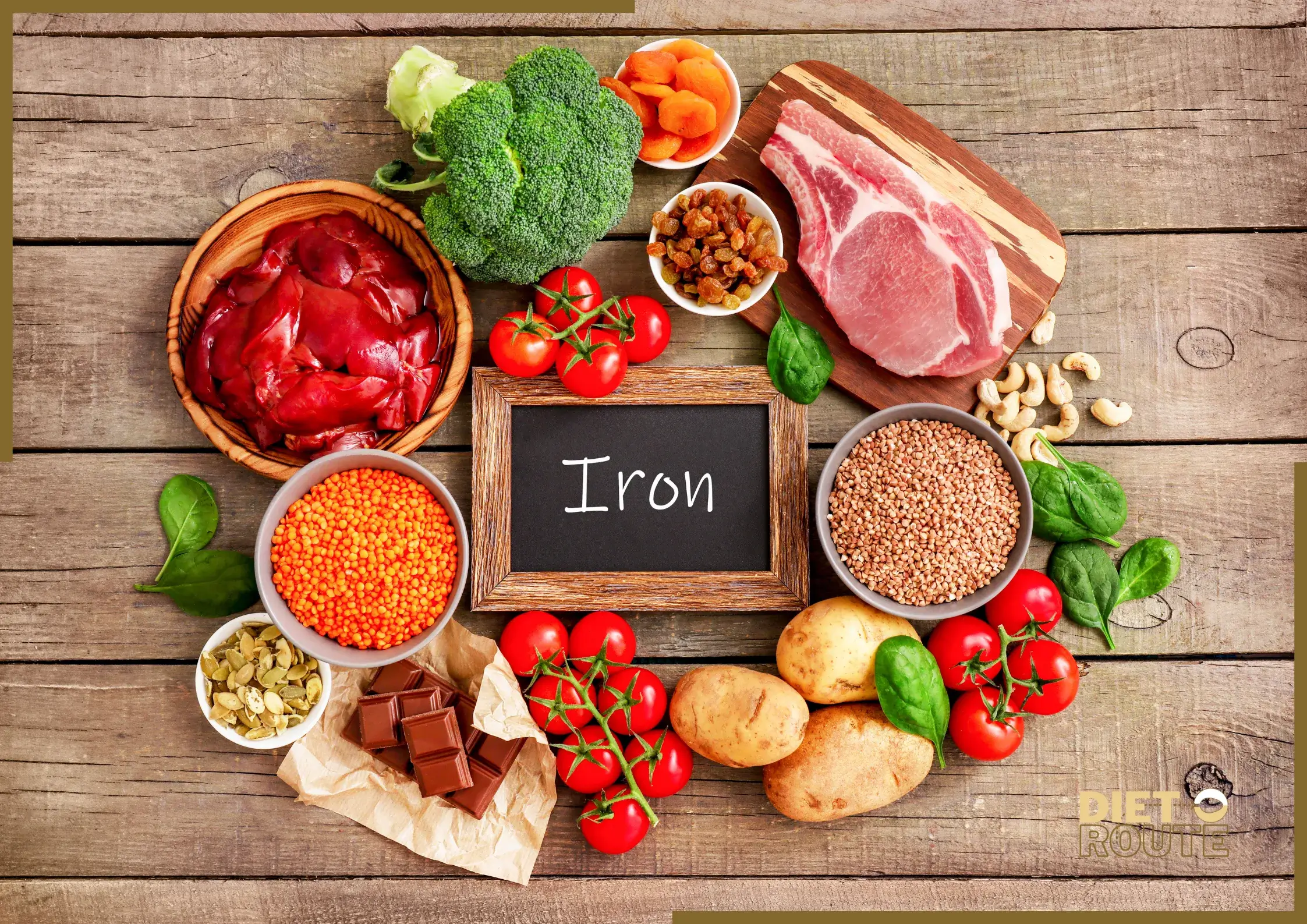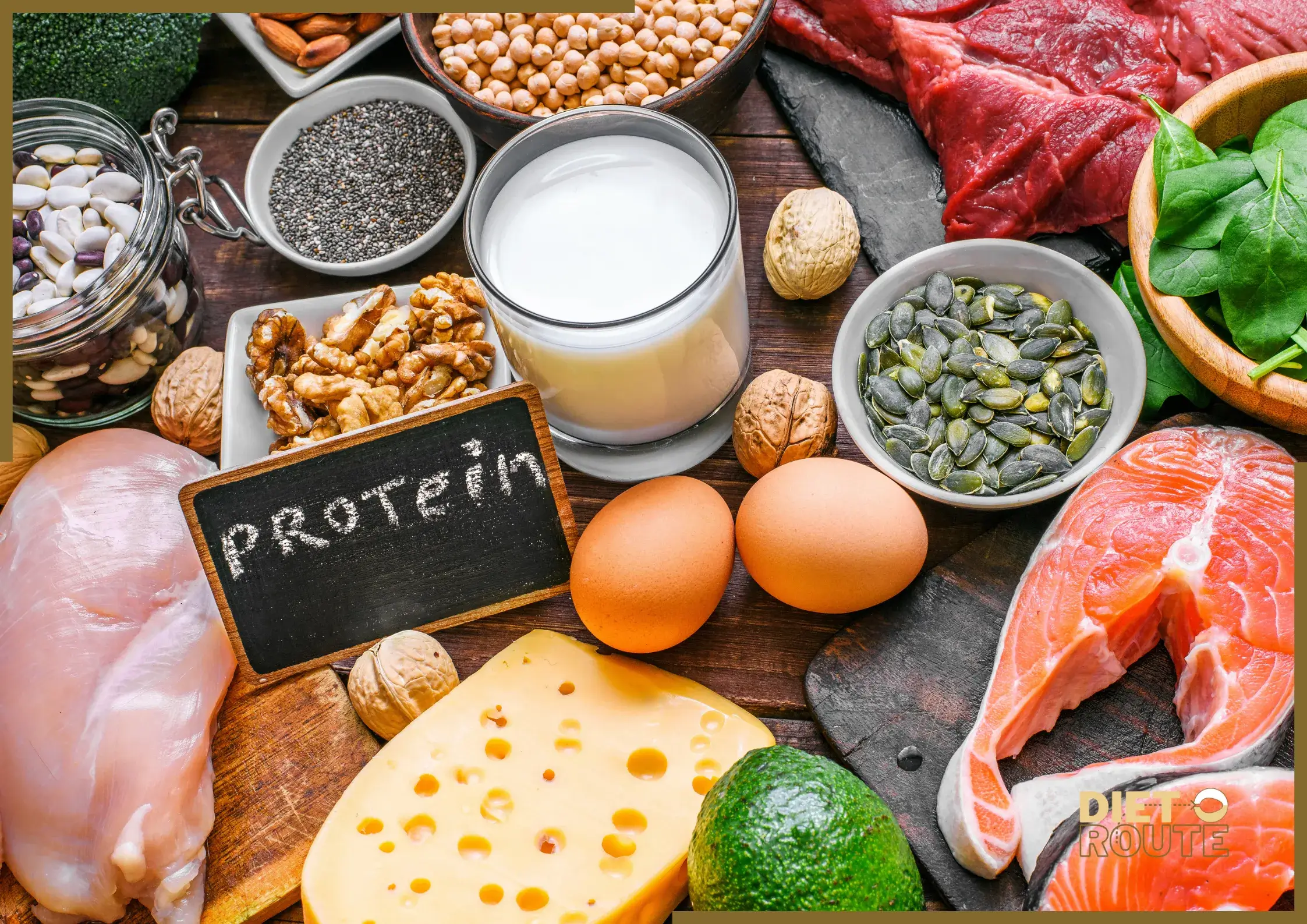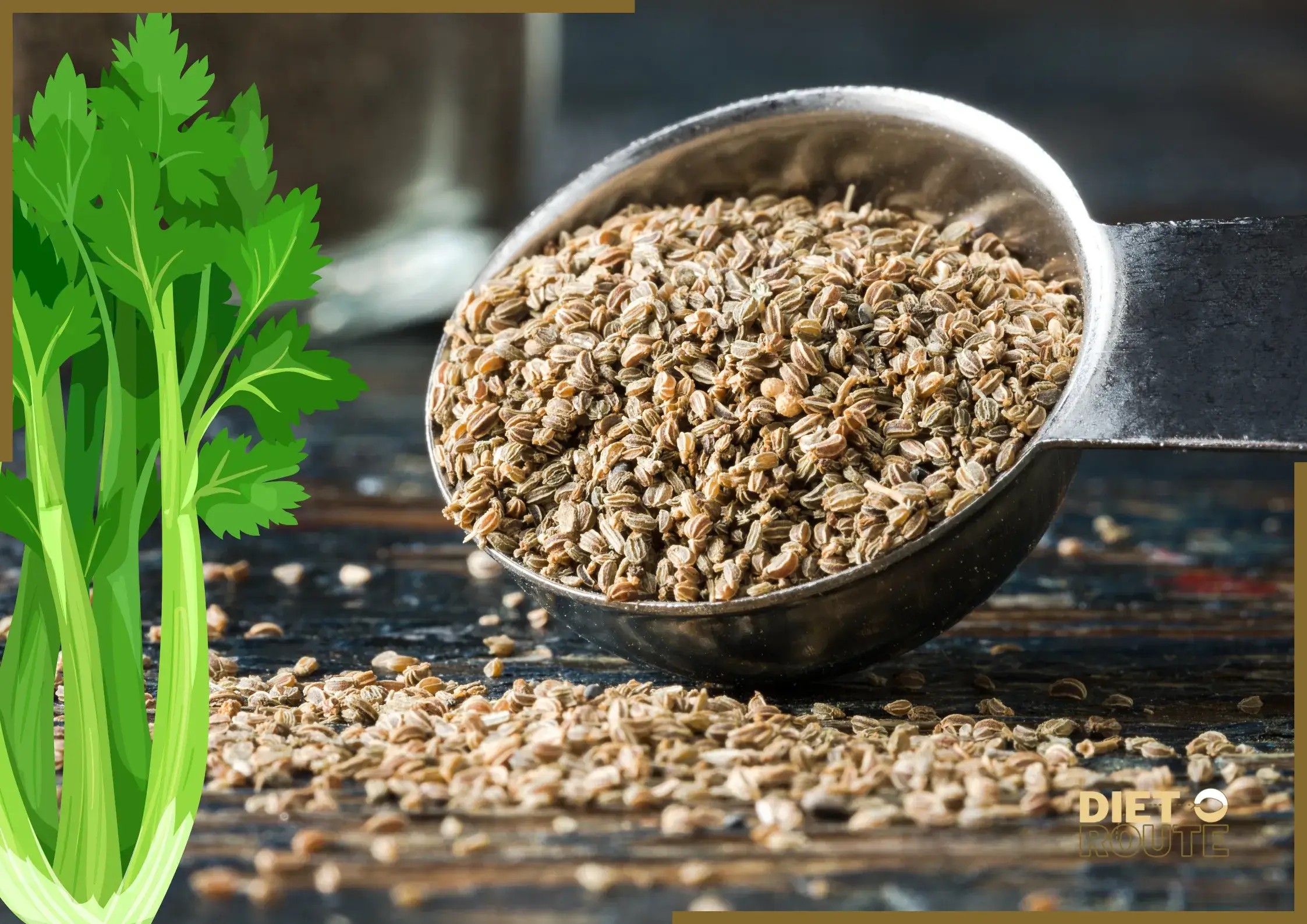Table of Contents
Who Discovered Vitamin B12?
Vitamin B12, also called cobalamin, was found by two experts in the early 1900s. Their names were George Whipple and William Castle.
In the 1920s, George Whipple used dogs with anemia in his studies. He saw that the dogs’ anemia symptoms got better when he fed them a lot of raw liver. Whipple thought that this reaction must have been caused by a substance in the liver.
Later, in the 1930s, a doctor and scholar named William Castle kept looking into the substance that Whipple had found. Patients with pernicious anemia, which is marked by a lack of red blood cells, were the subjects of Castle’s experiments. Patients’ symptoms significantly improved as a result of a compound he extracted from the liver and fed to them.
Based on the study they did together, Whipple and Castle found that the compound that made the anemia symptoms get better was a previously unknown factor that they called “extrinsic factor.” Later, it was found that this factor was a very important nutrient that was essential for the production of red blood cells and the proper operation of the nervous system. In the 1940s, it was given the name “Vitamin B12” by the government.
The discovery of Vitamin B12 and its connection to the treatment of pernicious anemia opened the way for more research into the significance of this vitamin in a number of bodily functions. The detection and treatment of conditions caused by a lack of vitamin B12 have also advanced as a result.
The Chemical Reaction of Vitamin B12 With Human Body
Vitamin B12, which is also called cobalamin, plays a very important role in the human body. It takes part in many different chemical reactions that are essential for how our bodies work. Here are some important chemical reactions that happen in the body when vitamin B12 is present:
1. Methylation Reactions:
Vitamin B12 works with enzymes that are involved in methylation reactions as a cofactor. The conversion of homocysteine to methionine is a very important reaction that needs vitamin B12 as a coenzyme. This reaction helps control the amount of an amino acid called homocysteine, which is linked to heart health.
2. DNA Synthesis:
Vitamin B12 is essential for the synthesis of DNA, which is the genetic material in cells. The conversion of deoxyuridine monophosphate (dUMP) to deoxythymidine monophosphate (dTMP) is one in which it plays a significant role. This reaction is very important for making thymine, which is a key part of DNA.
3. Red Blood Cells:
Vitamin B12 is involved in the development of red blood cells. Heme, the iron-containing part of hemoglobin, is synthesized by it. This reaction is very important for how red blood cells, which are in charge of carrying oxygen, form and work.
4. Nerve Function:
Vitamin B12 plays a role in keeping the nerve system healthy. It participates in the synthesis of myelin, which serves as nerve cells’ protective layer. This reaction makes sure nerves send the right signals and helps keep the nervous system healthy.
5. Energy Production:
By helping enzymes break down carbohydrates and fats, it helps with the conversion of these nutrients into useful energy. This reaction is a key part of how the body makes energy and works as a whole.
6. Homocysteine Metabolism:
The metabolism of homocysteine is involved with vitamin B12 and other B vitamins like folate. Blood levels of homocysteine that are too high have been linked to a higher chance of heart disease. In order to keep optimal homocysteine levels, vitamin B12 helps convert homocysteine to methionine.
It’s important to know that vitamin B12 can’t be absorbed without intrinsic factor, which is a protein made in the gut. Individuals who don’t eat enough or who have trouble absorbing it can develop deficiencies, which can cause a number of health problems. In order to support these important chemical reactions in the body, it is essential to consume enough of this vitamin through food or supplements.
Chemical Formulation of Vitamin B12
Vitamin B12, which is also called cobalamin, is a vitamin that dissolves in water and has a complicated chemical structure. It can be described by the following chemical formula:
Cobalamin: C63H88CoN14O14P
In this chemical formula, C represents carbon, H represents hydrogen, Co represents cobalt, N represents nitrogen, O represents oxygen, and P represents phosphorus. The numbers and subscripts show how many atoms are in the molecule and where they are located.
It is different from the other B vitamins because it contains cobalt. The synthesis of DNA, the creation of red blood cells, and the right operation of the nervous system are just a few of the physiological processes in which cobalamin plays a critical role.
Because vitamin B12 has a complicated chemical structure, it can work as a cofactor for enzymes that are involved in these essential processes. It is also involved in the metabolism of some amino acids and fatty acids.
It is made by bacteria in an animal’s gut, and it can be found in foods that come from animals, like meat, fish, eggs, and dairy products. Since there aren’t many plant-based sources of vitamin B12, it’s important for individuals who eat a plant-based or vegan diet to get enough of it through fortified foods or supplements.
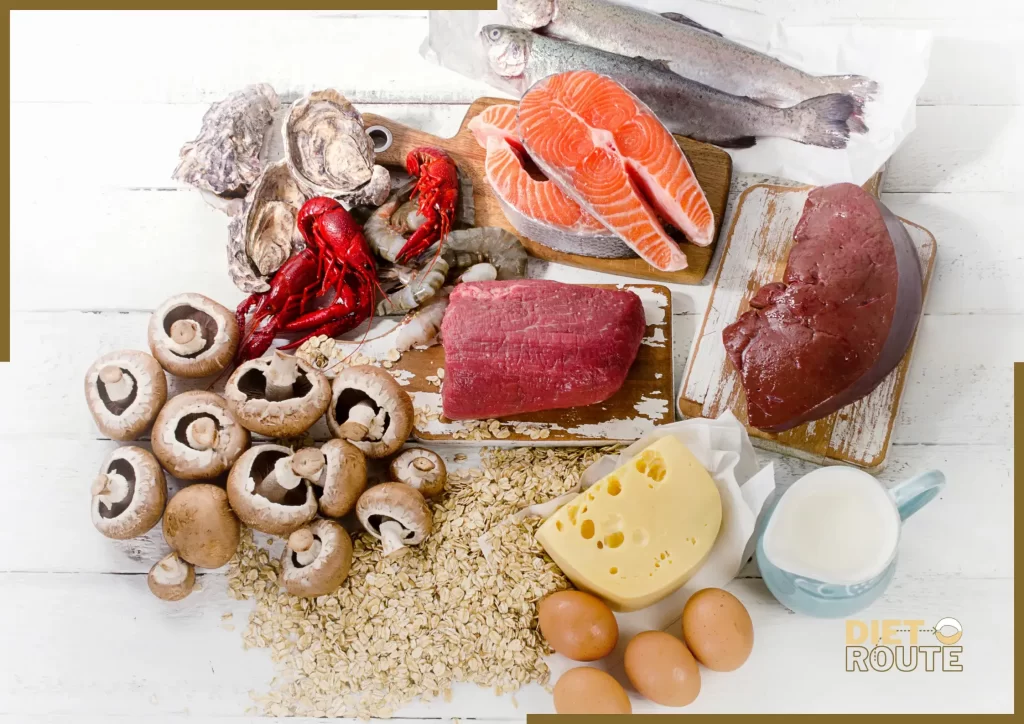
Suggested Daily Protein Consumption for Men and Women of Different Age Groups: Approx. Value
| Age Group | Male (micrograms of Vitamin B12 per day) | Female (micrograms of Vitamin B12 per day) |
| Infants (0-6 months) | 0.4 | 0.4 |
| Infants (7-12 months) | 0.5 | 0.5 |
| Children (1-3 years) | 0.9 | 0.9 |
| Children (4-8 years) | 1.2 | 1.2 |
| Children (9-13 years) | 1.8 | 1.8 |
| Adolescents (14-18 years) | 2.4 (ages 14-18) | 2.4 (ages 14-18) |
| Adults (19+ years) | 2.4 | 2.4 |
| Pregnant Women | N/A | 2.6 |
| Breastfeeding Women | N/A | 2.8 |
Please keep in mind that these values are just suggestions and may vary based on things like your health and your dietary needs. For personalized Vitamin B12 recommendations, it’s important to talk to a health care provider or a registered dietitian.
Vitamin B12 is mostly found in foods that come from animals, like meat, fish, cheese, and eggs. It can also be found in foods that have been added to make them healthier, like fortified cereals, plant-based milks, and nutritional yeast. The creation of red blood cells, neurological function, and DNA synthesis all depend on adequate Vitamin B12 intake.
Vegetarian and Non-Vegetarian Food Sources of Protein:
Vegetarian Sources:
| Food Item | Vitamin B12 Content (per 100g) |
| Fortified Cereals | Varies (Check product label) |
| Nutritional Yeast | Varies (Check product label) |
| Fortified Plant Milk | Varies (Check product label) |
| Fortified Soy Products | Varies (Check product label) |
| Fortified Meat Substitutes | Varies (Check product label) |
| Spirulina | 25µg |
| Chlorella | 0.6µg |
| Nori (Seaweed) | 63.6µg |
| Tempeh | 0.7µg |
| Miso | 0.3µg |
Non-Vegetarian Sources:
| Food Item | Vitamin B12 Content (per 100g) |
| Liver (Beef) | 83.1µg |
| Clams | 98.9µg |
| Oysters | 14.5µg |
| Fish (Mackerel, Salmon, Sardines) | Varies (Check specific fish) |
| Eggs | 1.95µg |
| Cheese | Varies (Check specific cheese) |
| Milk | 0.5µg |
| Yogurt | Varies (Check product label) |
| Poultry | Varies (Check specific poultry) |
| Beef | Varies (Check specific beef cut) |
Please note that these values are approximate and can vary depending on various factors such as cooking methods and specific food brands.
